Introduction: Understanding Unleaded Petrol and Regular Gasoline
Defining Unleaded Petrol
Unleaded petrol, often referred to as unleaded gasoline, is a type of fuel that has become the standard for vehicles operating on internal combustion engines. The term “unleaded” indicates that this type of petrol does not contain tetraethyl lead, an additive formerly used to enhance performance and prevent engine knocking. The toxic nature of lead, which poses significant risks to both human health and environmental safety, led to the phase-out of leaded gasoline in many parts of the world. Today, unleaded petrol is the norm and is known for its cleaner combustion, lower emissions, and reduced environmental impact compared to its leaded predecessor.
What is Regular Gasoline?
Regular gasoline is commonly used to describe the most widely available grade of unleaded petrol, which typically has an octane rating of 87. This grade is designed to support the performance needs of a vast array of vehicles, from compact cars to light trucks. The affordability of regular gasoline makes it an appealing option for consumers. Unlike higher octane fuels, such as premium gasoline with ratings of 91 or 93, regular gasoline is suitable for most drivers. By understanding the nuances of different fuel types, consumers can make better choices for their vehicles.
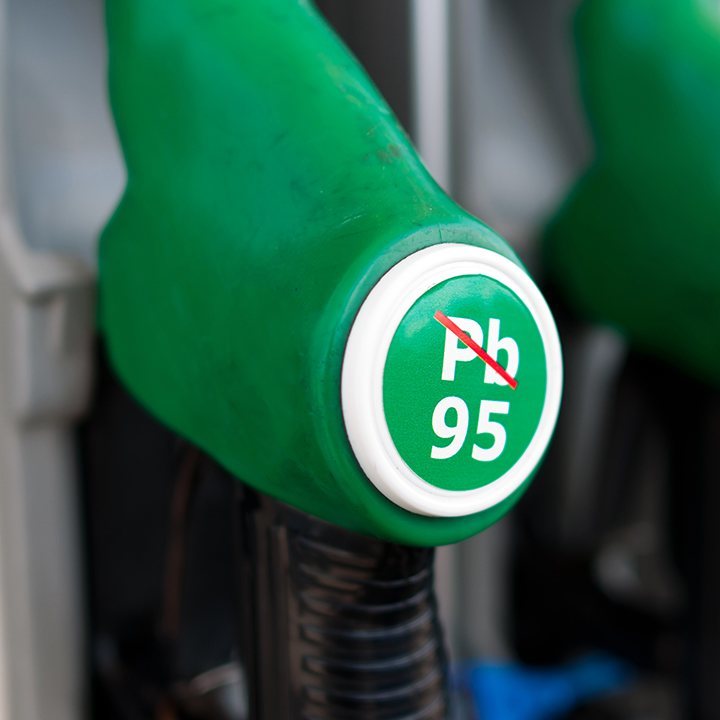
The Basics of Octane Ratings
What is an Octane Rating?
The octane rating of a fuel is a measure of its ability to withstand compression in the engine before igniting. When fuel ignites prematurely, it can create knocking sounds, reducing engine efficiency and causing potential damage. The octane rating is vital for ensuring that an engine runs smoothly, especially in high-performance vehicles that require higher levels of compression to operate effectively without knocking.
Different Types of Octane Ratings
Octane ratings can be classified into two main types: Research Octane Number (RON) and Motor Octane Number (MON). RON is generally obtained under controlled conditions in a laboratory, while MON measures performance under more dynamic driving conditions. The average of these two ratings is often used to indicate a fuel’s overall octane level, referred to as the Anti-Knock Index (AKI). Different countries may have their measurements and standards, which can lead to confusion for consumers trying to understand which fuel is best for their vehicle.
Are Unleaded Petrol and Regular Gasoline the Same?
Similarities Between the Two
Unleaded petrol and regular gasoline are fundamentally similar in many respects. Both are unleaded and designed to work in sparking-ignition combustion engines. They are typically derived from crude oil and undergo similar refining processes to create the end product. Regular gasoline is a specific grade of unleaded petrol, which means that, in a practical sense, when one refers to regular gasoline, they are indeed talking about a form of unleaded petrol that’s fit for most cars on the road.
Differences in Octane Rating and Performance
Despite their similarities, major differences arise when comparing octane ratings. While regular gasoline has an octane rating of 87, other types of unleaded petrol, such as mid-grade (usually 89) and premium (91-93), are available. These differences in octane ratings are crucial for performance, especially in vehicles designed to run on higher-octane fuel. The performance of an engine can greatly depend on using the correct fuel type as recommended by the manufacturer.
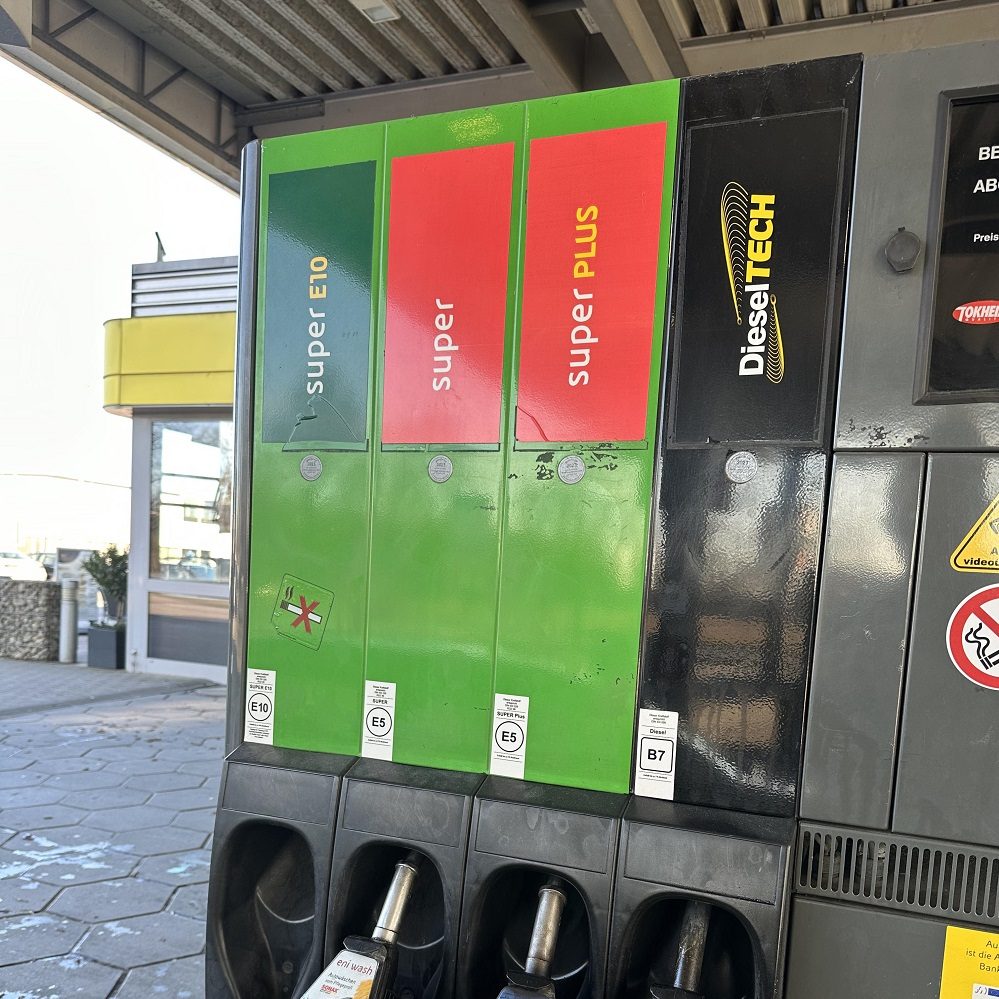
Engine Compatibility and Performance
Compatibility with Engine Types
Most vehicles that are designed to run on regular gasoline can operate on any unleaded petrol that matches the necessary octane rating. However, engines specifically designed to run on higher-octane fuel may not perform optimally with lower-octane alternatives. When it comes to compatibility, vehicles commonly allow some flexibility with fuel types; however, it is always best to stick to the manufacturer’s recommendations for optimal performance.
Performance Differences
Some cars are built with technology that requires higher octane fuel for efficient operation. Using regular gasoline in a high-performance vehicle may lead to issues such as engine sputtering, reduced power output, and knocking. In the worst-case scenarios, consistently using a lower octane fuel than recommended can cause serious long-term harm to an engine. Therefore, always check the manual for estimated fuel specifications to ensure that your vehicle remains healthy and efficient.
Environmental Considerations
Clean Fuel Standards
One of the fundamental benefits of using unleaded petrol is its positive effect on the environment. The removal of lead from gasoline has significantly improved air quality and reduced harmful emissions. Governments worldwide recognize the need for cleaner fuel options, leading to regulations that enforce stringent clean fuel standards. These standards ensure the reduction of pollutants entering the atmosphere, benefiting the environment and public health.
Impact on Public Health
The public health implications of leaded gasoline have been significant, particularly for vulnerable populations like children. Exposure to lead can lead to severe health issues, including cognitive impairment and developmental delays. The transition to unleaded petrol has contributed to a marked improvement in overall public health. As awareness of these issues grows, many consumers express a preference for fuels that minimize environmental impact and protect health.
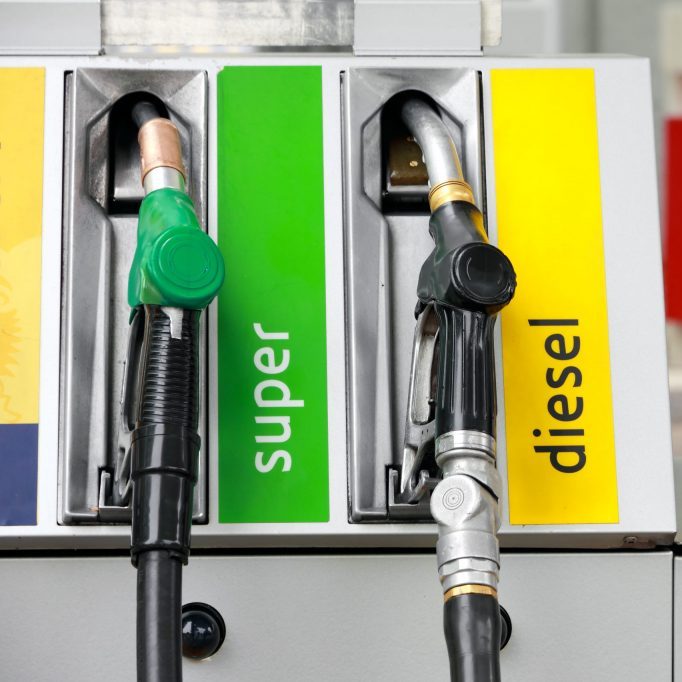
Fuel Efficiency and Economic Factors
Fuel Economy
The fuel efficiency is a major concern for drivers, especially those who commute long distances or rely heavily on their vehicles. Regular gasoline typically provides sufficient performance for most cars while maintaining a good fuel economy. However, the effectiveness of fuel can depend on many factors, including driving habits and vehicle maintenance. It is essential for drivers to consider more than just the price at the pump when determining the most cost-effective option for their vehicles.
Cost Considerations
Regular gasoline is generally less expensive than premium unleaded petrol, making it attractive for budget-conscious consumers. It is tempting to save money and choose regular gasoline; however, the focus should be on optimizing performance and fuel efficiency. While most vehicles can use regular gasoline without issue, vehicles that require higher octane fuel may experience decreased performance and increased long-term costs if drivers consistently use the wrong fuel.
The Debate Over Fuel Types
Consumer Choices
When choosing between fuel types, consumers often engage in a debate about the benefits and drawbacks of each. Some favor regular gasoline for its lower costs, while others may choose premium fuels for the perceived performance benefits. This choice can be influenced by a variety of factors, including personal driving styles, vehicle requirements, and individual preferences. Each driver’s decision plays an essential role in the overall demand for different types of fuel.
Misconceptions About Fuel Quality
One common misconception is that more expensive fuel automatically enhances performance across all vehicles. While higher-octane fuels can prevent knocking in vehicles designed for them, using premium fuels in vehicles designed for regular gasoline will not necessarily yield any advantages. It’s crucial to understand your vehicle’s specific needs and adhere to manufacturer recommendations to maximize your engine’s lifespan and performance.
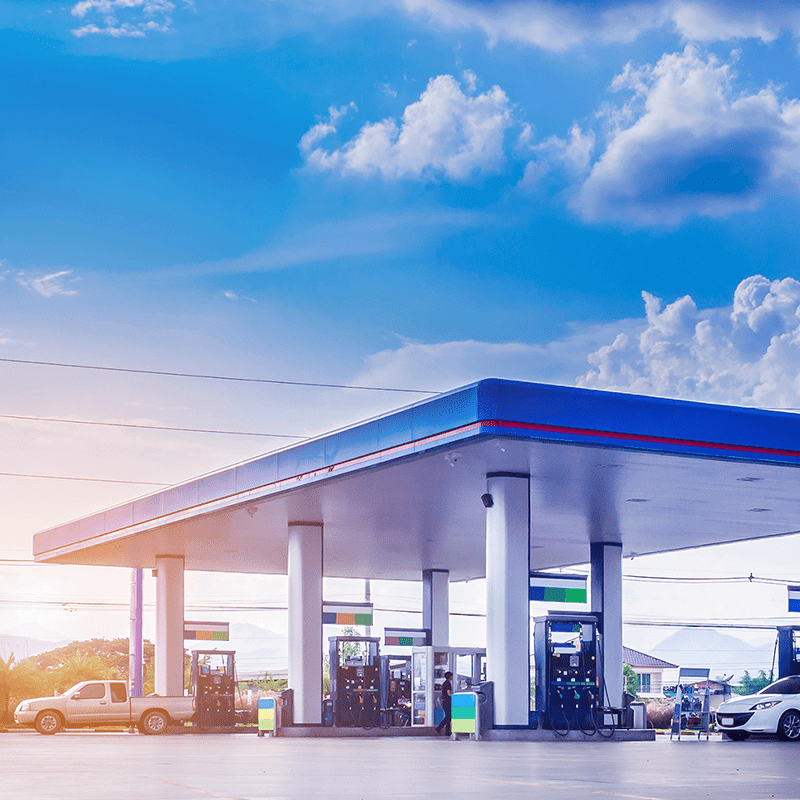
How to Choose the Right Fuel
Manufacturer Recommendations
Choosing the right fuel for your vehicle starts by checking the owner’s manual. Most manufacturers provide guidelines on the recommended fuel octane for optimal engine performance, efficiency, and longevity. Ignoring these recommendations can lead to subpar performance and damage over time, resulting in costly repairs.
Personal Driving Habits
Your personal driving habits matter when it comes to fuel choice. If you predominantly drive in urban areas with lots of stop-and-go traffic, regular gasoline might suffice for your needs. If you often drive on the highway or frequently accelerate quickly, consider using high-octane fuel to keep your engine performing optimally. By accounting for your unique driving style, you can make more informed choices about the best fuel for your vehicle.
The Future of Fuels
Innovations in Fuel Technology
As technology evolves, so too does the industry’s approach to fuel. Research into alternative fuels, biofuels, and innovative gasoline formulations continues to progress. These developments aim to improve fuel efficiency, decrease harmful emissions, and create more sustainable fuel sources. This innovation is essential as society becomes increasingly aware of the environmental impact of fossil fuels.
The Shift Towards Sustainable Options
The movement toward sustainability is reshaping the automotive fuel landscape. The rise of electric vehicles, biofuels, and hybrid technologies reflects the industry’s commitment to reducing its carbon footprint and combating climate change. As consumers become more environmentally conscious, fuel suppliers are adapting to meet these demands, paving the way for a greener future.
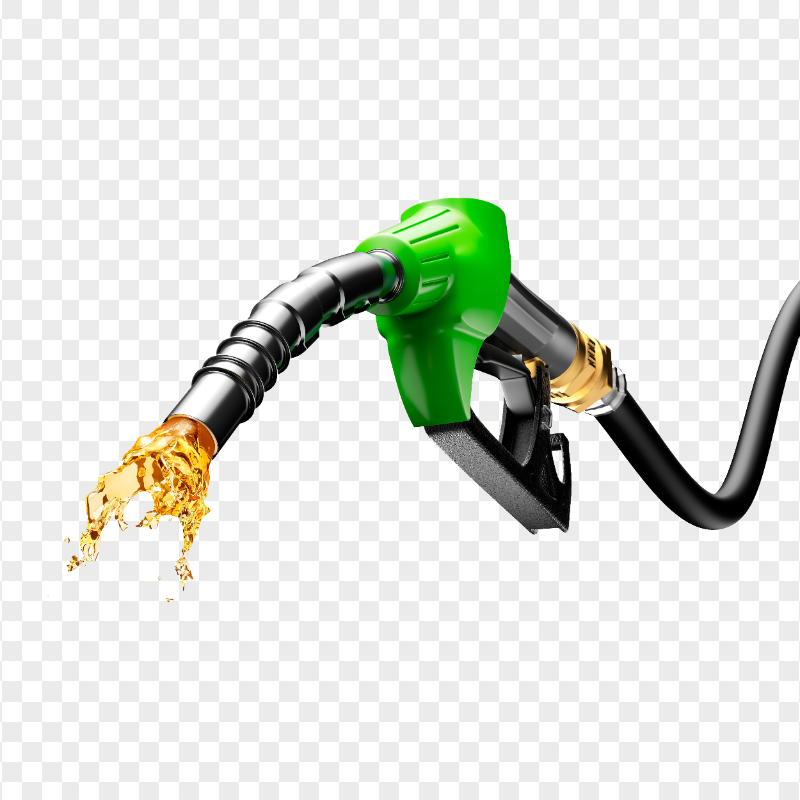
Conclusion: Making Informed Choices
Emphasizing Knowledge and Awareness
Understanding the differences between unleaded petrol and regular gasoline is vital for all consumers. The knowledge gained can lead to informed choices that enhance vehicle performance and efficiency. Awareness about octane ratings and the relationship between fuel types and engine compatibility is paramount for making the right fuel selection.
The Importance of Adapting to Change
As automotive technology advances, consumers must stay informed about their fuel choices. The transition to unleaded petrol has significantly transformed the market, providing options for cleaner combustion. Embracing these changes not only supports personal vehicle maintenance but also contributes to broader environmental goals. When you fill your tank, make informed choices for your vehicle, your budget, and the planet. Always prioritize understanding your vehicle’s needs, including the effects of using regular gasoline in a car designed for unleaded petrol, as this knowledge provides a pathway to a more sustainable and effective driving experience.
Leave a Reply